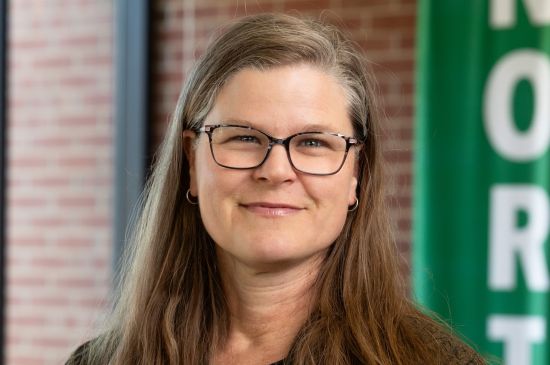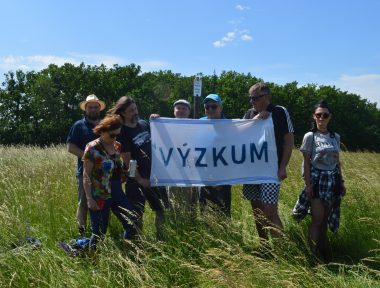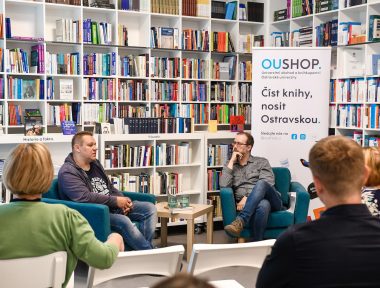In the United States, she has studied the differences between urban and rural food systems. She visited Ostrava as part of the DigiWELL project. Eating habits, she argues, cannot be understood in isolation. Social environment, education, and the marketing of food companies all play a major role. “We could tell people what to eat all day long, but if they don’t have access to it or can’t afford it, then nothing’s going to change,” she says.
She adds that education is key in shaping healthy eating habits—starting as early as elementary school would be ideal so that by the time students are in college, they have a strong foundation for which foods provide the body with quality nutrients. She teaches her students to look for evidence-based information and to expand their palates. Every semester she challenges them to try a fruit or vegetable they’ve never had before. “Some students have never even tried a simple apple or a piece of broccoli,” she says.
Without accessible and affordable food, advice won’t change anything.
The conversation also touches on the impact of nutrition on mental well-being. “If we feed the brain chemicals that don’t allow the brain to think well, the brain won’t think well. And how can we make future decisions to eat better food?” Joubert comments.
Why we should stop seeing food only as fuel—and start viewing it as a resource to sharpen our connection with our bodies—is the focus of the new episode of Věda zblízka, the podcast of the Faculty of Education at the University of Ostrava.



 1 min.
1 min. 


